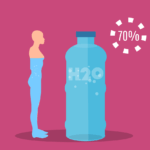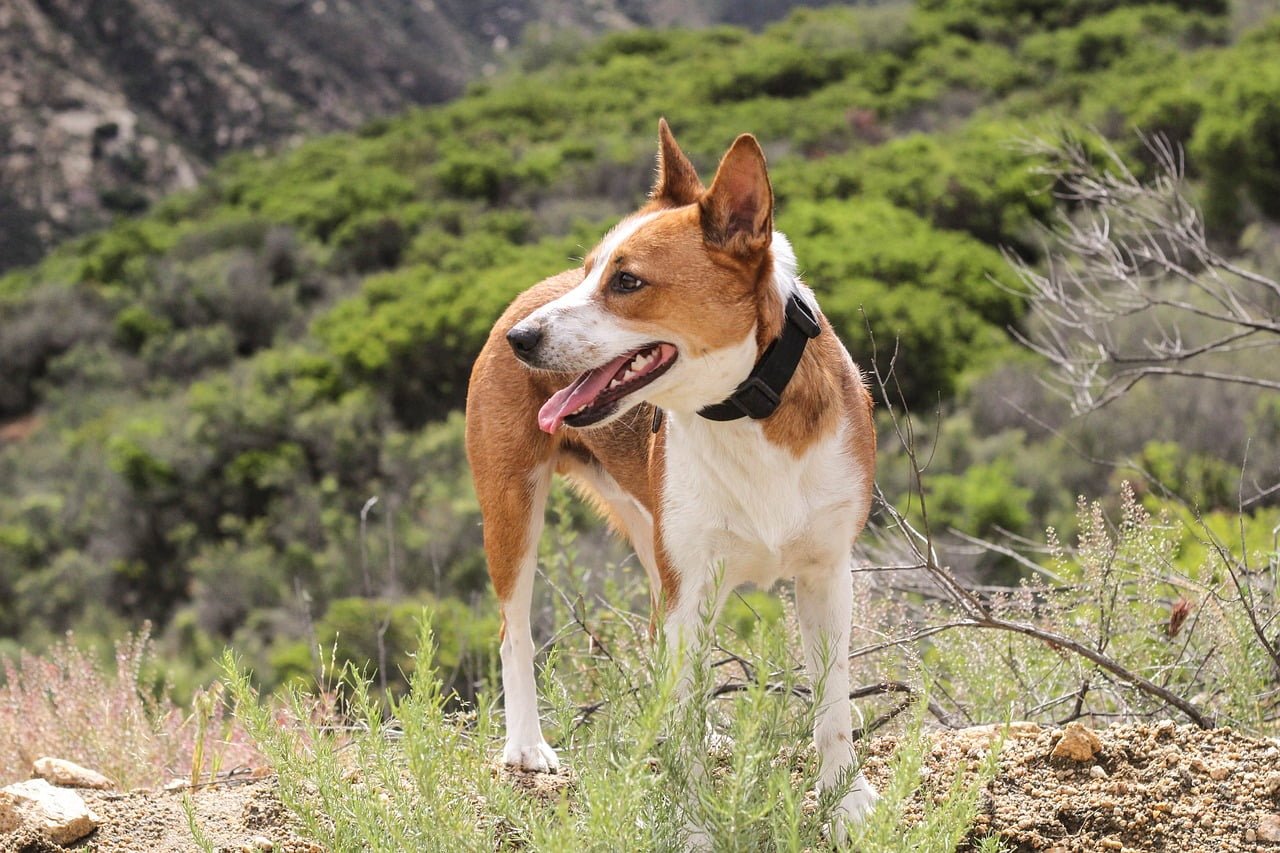
Embarking on outdoor adventures with your dog can be exhilarating and immensely rewarding, both for you and your furry companion. However, ensuring your dog’s health and comfort during these activities is key to a pleasant experience for both parties. Emphasize their well-being by consulting with a veterinarian and choosing the best diet and supplements tailored to your dog’s breed, age, and overall health. Integrate essential nutrients like omega-3 fatty acids, glucosamine, and probiotics into their regimen to support joint, skin, and coat health. Prepare with proper hydration, protection against extreme weather, and regular dental cleanings to keep your dog in optimal shape. By gearing up with these proactive measures, you can share many joyous and safe outings with your beloved canine friend. Have you ever wondered how to keep your dog safe and comfortable during outdoor activities? Whether you’re hiking in the mountains, taking a stroll in the park, or simply playing fetch in the backyard, ensuring your dog’s health and comfort is crucial. Your furry friend deserves the same level of care and consideration you give yourself when embarking on outdoor adventures.
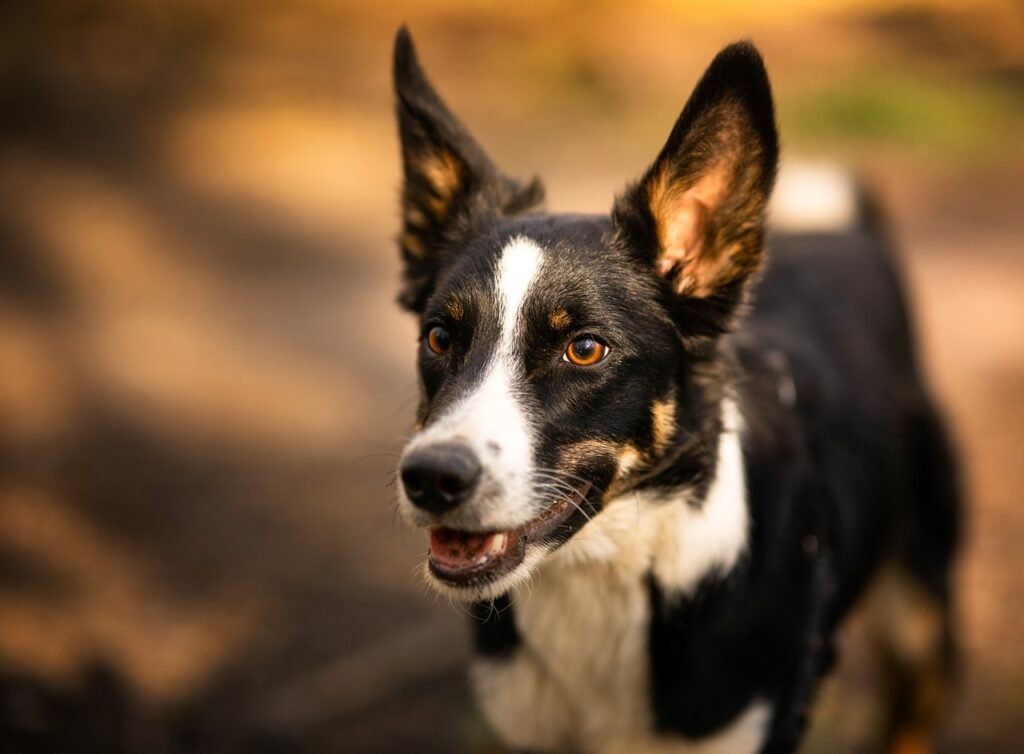
Understanding Your Dog’s Health Needs
Before you set out on any outdoor activity, it’s important to understand your dog’s unique health needs. Different dogs have different requirements based on their size, breed, age, and health status.
Know Your Dog’s Breed and Specific Needs
Different breeds come with different needs. For instance, a Siberian Husky might thrive in winter conditions, while a French Bulldog could struggle with overheating in the same environment. Knowing your dog’s breed-specific needs can help you prepare better.
Examples of Breed-Specific Needs:
| Breed | Health Considerations |
|---|---|
| Labrador Retriever | High energy, needs lots of exercise |
| French Bulldog | Prone to overheating, requires shade |
| German Shepherd | Susceptible to hip dysplasia |
| Poodle | Needs regular grooming to prevent matting |
Consult Your Veterinarian
Your vet is your best resource for understanding your dog’s health. Regular check-ups can identify potential health issues before they become problems, and your vet can offer advice tailored to your dog’s specific needs.
When to Consult Your Vet:
- Before starting a new exercise regime
- If your dog shows signs of discomfort or illness
- To discuss appropriate vaccinations and parasite prevention
Preparing for Outdoor Activities
Preparation is key to ensuring your dog remains healthy and comfortable during outdoor activities.
Pack the Essentials
Pack a bag, similar to a human’s daypack, with all the essentials your dog might need. This helps you stay prepared for any situation.
Dog’s Essential Outdoor Kit:
| Item | Purpose |
|---|---|
| Water and Bowl | Hydration is crucial |
| Dog Food/Treats | Maintain energy levels |
| Leash and Harness | Safety and control |
| Poop Bags | Cleanliness and courtesy |
| First Aid Kit | Handle minor injuries or issues |
| Towel/Blanket | Comfort and warmth |
| Protective Booties | Protect paws from rough terrain |
Hydration and Nutrition
Maintaining your dog’s hydration and nutrition is vital, especially during physical activities. Dehydration can be dangerous, so always carry enough water.
Tips for Hydration and Nutrition:
- Offer water every 15-20 minutes during activity
- Use portable water bottles or collapsible bowls
- Bring high-energy treats to keep your dog fueled
Weather Considerations
Different weather conditions require different preparations. Whether it’s hot or cold, your dog’s comfort should be a top priority.
Tips for Different Weather Conditions:
| Weather Condition | Precautions |
|---|---|
| Hot Weather | Provide shade, avoid peak sun, hydrate |
| Cold Weather | Use dog sweaters, limit exposure time |
| Rainy Weather | Use waterproof gear, dry off thoroughly |
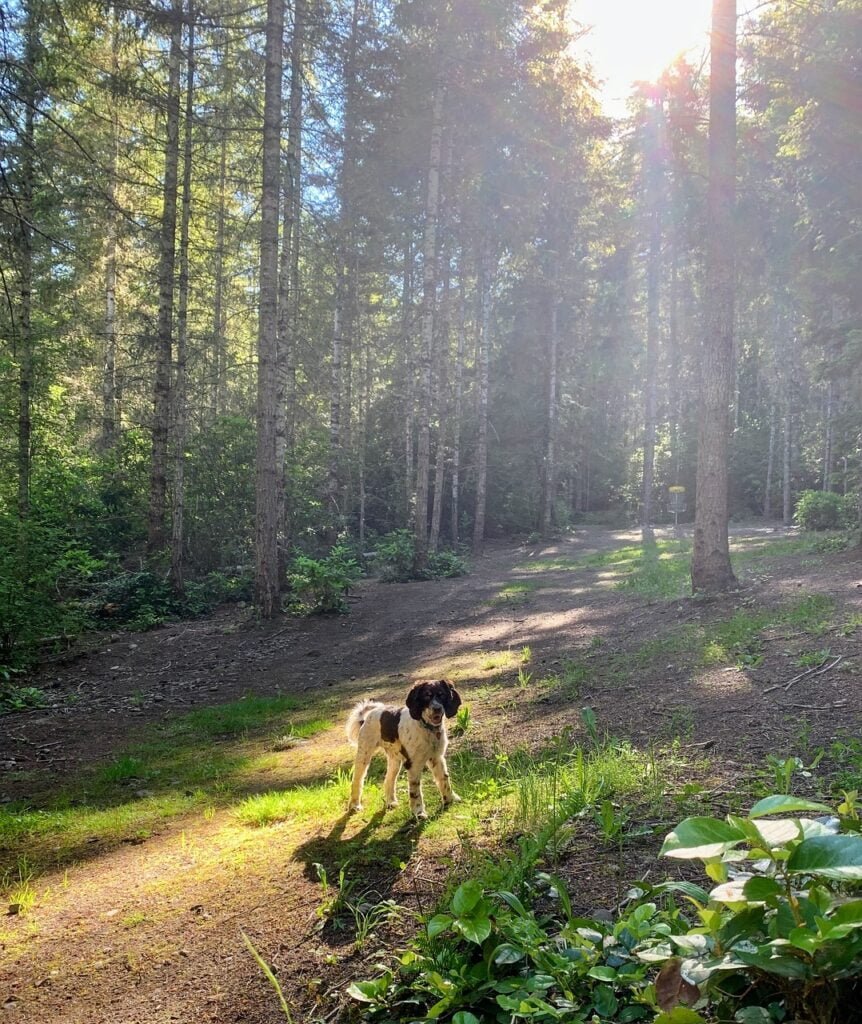
Ensuring Overall Health and Well-being
Vaccinations and Parasite Prevention
Keeping your dog’s vaccinations up-to-date and using preventive measures against parasites like fleas and ticks are crucial. These steps protect against diseases that can be easily contracted during outdoor activities.
Joint Health and Mobility
Active dogs, especially larger breeds or senior dogs, can benefit from joint supplements. Ingredients like glucosamine and chondroitin help maintain joint health and support mobility.
Popular Joint Supplements:
| Supplement Ingredient | Benefit |
|---|---|
| Glucosamine | Supports joint function |
| Chondroitin | Reduces cartilage breakdown |
| Omega-3 Fatty Acids | Supports a normal inflammatory response |
Skin and Coat Care
Outdoor activities expose your dog to various elements that can affect their skin and coat health.
Maintaining a Healthy Skin and Coat:
- Regular grooming to remove dirt and debris
- Using skin supplements that contain essential fatty acids
- Checking for ticks and other parasites after activities
Dietary Supplements and Nutritional Support
Choosing the Right Supplements
Not all supplements are created equal. Look for those with the NASC (National Animal Supplement Council) quality seal to ensure you are giving your dog the best.
Types of Supplements:
| Supplement Type | Purpose |
|---|---|
| Multivitamins | Overall health and well-being |
| Probiotics | Digestive health |
| Fish Oil (Omega-3 Fatty Acids) | Supports skin, coat, and joints |
Natural and Organic Products
Opting for natural and organic dog health products can provide your pet with essential nutrients without harmful additives.
Benefits of Natural Products:
- Fewer side effects
- Better absorption of nutrients
- Less risk of allergic reactions
High-Quality Dog Food
A balanced diet is essential for maintaining your dog’s health. Ensure their food contains all the essential nutrients they need to stay active and healthy.
Components of High-Quality Dog Food:
| Nutrient | Function |
|---|---|
| Protein | Muscle maintenance and growth |
| Carbohydrates | Energy production |
| Fats | Support cell function, protect organs |
| Vitamins & Minerals | Support overall body functions |
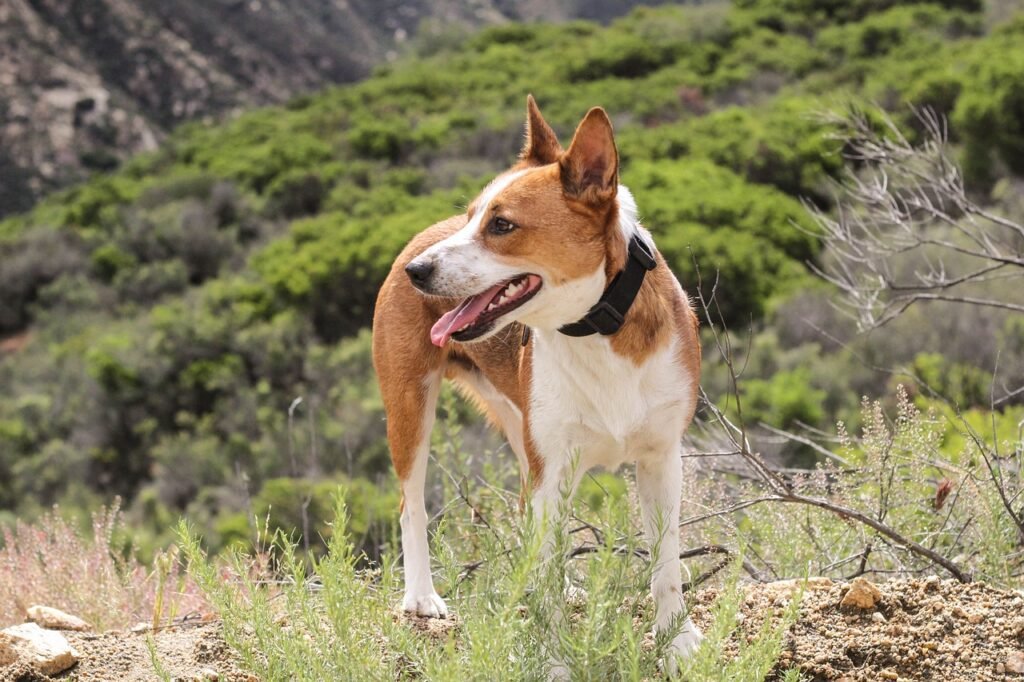
Ensuring Comfort During Activities
Proper Gear and Accessories
Using the appropriate gear can significantly enhance your dog’s comfort during outdoor activities.
Essential Gear:
| Gear | Benefit |
|---|---|
| Harness | Evenly distributes pressure, prevents injury |
| Dog Boots | Protects paws from hot, cold, or rough surfaces |
| Cooling Vest | Keeps dog cool during hot weather |
Regular Breaks and Monitoring
Just like humans, dogs need breaks during vigorous activities. Regular breaks help prevent exhaustion and overheating.
Monitoring Signs of Stress or Fatigue:
- Excessive panting or drooling
- Reluctance to continue walking
- Sudden stop and lying down
Comfortable Resting Areas
Whether you’re taking a short break or camping overnight, providing a comfortable resting spot for your dog is essential.
Comfortable Resting Solutions:
- Portable dog bed for comfort
- Blankets for warmth
- Shaded area to prevent overheating
Post-Activity Care
Cool Down and Hydration
After any outdoor activity, it’s essential to let your dog cool down properly and rehydrate.
Post-Activity Recovery Tips:
- Offer fresh water to drink
- Let your dog rest in a cool, shaded area
- Apply a cool, wet towel if they’re overheated
Inspect for Injuries or Parasites
Check your dog for any injuries or parasites such as ticks and fleas after outdoor activities. Early detection helps in preventing serious health issues.
Proper Grooming
Outdoor activities can leave your dog dirty and tangled. Proper grooming helps maintain their skin and coat health.
Grooming Tips:
- Brush out dirt and debris
- Bathe if necessary with a gentle dog shampoo
- Check for and remove any ticks or burrs
Conclusion
Ensuring your dog’s health and comfort during outdoor activities involves a combination of preparation, ongoing care, and vigilance. By understanding your dog’s specific needs, consulting with your veterinarian, packing the right essentials, and maintaining their overall health and well-being, you’ll create a safe and enjoyable experience for both you and your furry friend. Remember, a happy, healthy dog makes for the best outdoor companion. Enjoy your adventures together!






